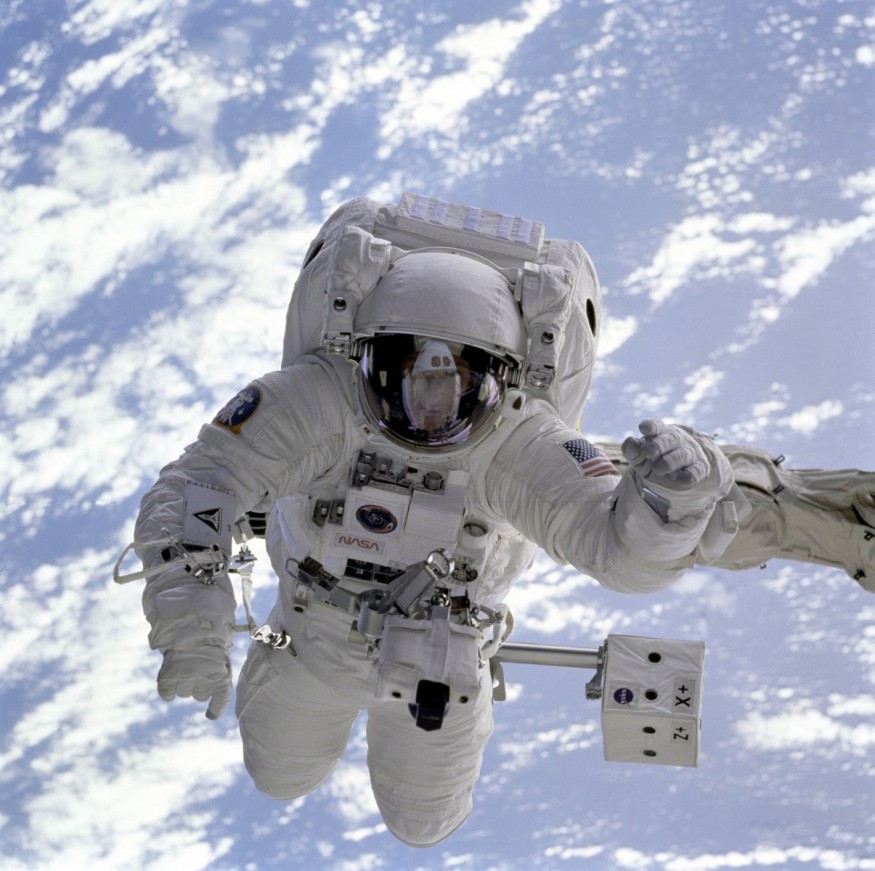
Experts suggest that mimicking a NASA astronaut's spaceflight exercise routine may reduce the long-term result of treatments and treatments often have on cancer patients.
Researchers, whose paper was published in the journal Cell, noted that astronauts during spaceflight experience similar physical stress as cancer patients undergoing chemotherapy, immunotherapy, and targeted therapy.
The research team from the Memorial Sloan Kettering Cancer Centre in New York City examined the astronauts during spaceflight and cancer patients the strong drugs.
Results are 'surprising,' say researchers
Jessica Scott, an exercise physiology researcher at the Memorial Sloan Kettering Cancer Center in New York and lead author, said they were surprised when they saw the similar effects between cancer patients during treatment and astronauts during spaceflight.
Spacemen and women experience similar physical stress to cancer patients on potent medications, said the researchers. Both see irregular heartbeats, weakened immune systems, and deterioration in muscle mass.
They found the similarities also reached to brain function. Astronauts often suffer from 'space fog,' where they have trouble focusing or become forgetful. The side effect is very similar to 'chemo brain,' a term for the memory and thinking problems that occur during and after chemotherapy.
Astronauts are asked to exercise before they are deployed to their mission while physicians monitor their heart rate, fitness, and other systems to develop a baseline level.
The astronauts are then required to exercise during their mission using special equipment made for working out in space. When the spacemen return home, specialists would still continue to monitor the spacewalkers' until their fitness, heart function, and other systems go back to their baseline levels.
Cancer patients advised exercising with supervision
Astronauts and cancer patients - despite having similar symptoms - receive very different advice on how to take care of their bodies, the researchers said.
The researchers said NASA's exercise regime was the 'complete opposite' of what cancer patients are being asked to do so. Scott and her research team advise that cancer patients would benefit from basic exercise such as walking on a treadmill.
"Cancer patients may still be recommended to rest in preparation for and during treatment and may have to ask permission from their physicians to exercise," Scott said. She noted that NASA's tactics to accomplish some of the long-term side effects of cancer treatments are very timely.
Scott added many cancer patients are not dying from their tumor but are at risk of dying from the side effects of their treatment. "Using NASA's exercise plan could help with this," the researcher said.
Scott's team is now analyzing whether exercise can counteract the side effects of therapy in cancer patients. She said patients could join in the study from the comfort of their home.
The patients can participate in the study from the comfort of their homes by providing patients with in-home treadmills and video call software. They are asked to heed astronaut practice of exercising before, during, and after a mission.
NASA, on the other hand, could concentrate on developing ways to keep their astronauts healthy. The aeronautic agencies have setup technologies that keep astronauts safe and healthy in space for up to 11 months.
© 2025 NatureWorldNews.com All rights reserved. Do not reproduce without permission.





